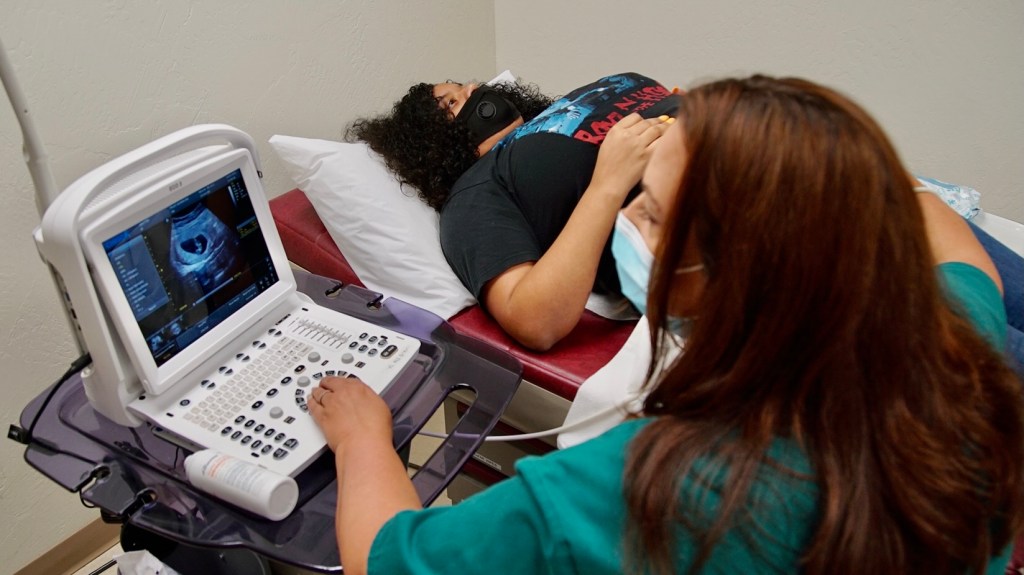Carnival, the largest cruise line in the world, announced this week that it received approval from the US Department of Treasury and the US Department of Commerce to begin travel to Cuba. Exactly what that travel will entail — and whether Cuba will also approve it — remains to be seen.
The proposed week-long excursions, which will depart from Miami, will differ in several ways from typical Carnival cruises. The designated ship will be a 710-passenger liner called the Adonia that is currently operated by P&O Cruises. It won’t have usual amenities like casinos and spas, however. Instead, Carnival’s plan is to offer educational activities targeted to each destination, like language classes and cultural immersion courses.
Videos by VICE
Carnival would be the first major US cruise operator to offer trips to Cuba, which it’s doing through Carnival’s new “social impact” brand, Fathom. The Adonia will alternate week-long Cuba trips with similar voyages to the Dominican Republic.
Related: The Cuban Government Goes After Havana’s Tattoo Artists
Despite receiving approval from the US government, American tourists are technically still not permitted to visit Cuba. So activities undertaken during the trip would need to fall under the Treasury Department’s 12 categories of authorized travel to Cuba, which include educational activities, humanitarian projects, and religious excursions.
As a result, travelers will be required to stick to a strict itinerary. Carnival doesn’t yet have specifics on what that will entail in Cuba, but in the Dominican Republic, people will have the opportunity to do things like work on cacao farms, build clay water filters for local communities, and assist in English-language instruction for local children and adults. Fathom president Tara Russell told VICE News that the new brand is in the process of building partnerships with organizations on the ground in Cuba involved in charity, cultural, and educational work.
“There are others that do ‘voluntourism,’” said Roger Frizzell, chief communications officer at Carnival. “The difference is that’s such a small slice of the volunteerism experience, whereas this is very sustained.”
Fathom is specifically targeting Millennials.
Though Carnival is the first to offer this kind of hybrid cruise to Cuba, it’s hardly the first company to offer trips focused on social change. Alternative Spring Break, a program through United Way, has been organizing volunteer trips to developing countries for college students for years, and Los Angeles-based Crystal Cruises offers volunteer opportunities on most of its trips.
But Fathom is facing several challenges. Russell admitted the company has encountered skepticism about whether or not the week-long excursions will actually have positive effects on local communities. Additionally, while the company has gotten the go-ahead from the US, Frizzell said they’ve had only informal talks with Cuban officials at this point. In order to continue as planned, Carnival will need approval from the Cuban government. All travelers will also need to apply for individual visas from Cuba.
Watch VICE News’ ‘Murder and Corruption in Trinidad.’
“At this point, our initial conversations have been largely informally through a number of Cuban officials,” Frizzell said. “Now that we have US approval, we will begin to engage more formally with the officials directly tied to the process.”
Carnival will have no way of enforcing the “no tourism” laws on its travelers during their free time in Cuba.
“Part of our job will be to educate travelers,” Russell said. “Though it’s their responsibility to comply, we’ll first and foremost make it easy to comply.”
This means not engaging in any of what the Office of Foreign Assets Control calls “travel-related tourist transactions,” or recreational activities like scuba diving and bike tours. Penalties for noncompliance can involve fines, though enforcing the penalties is difficult. Customs agents might ask travelers about the nature of their trip upon returning to the US, but the restrictions are rarely actually enforced.
“You sign a piece of paper, on your honor, that says this is what you’re going to do,” Richard Feinberg, a senior fellow at the Latin America Initiative at the Brookings Institution, told VICE News. “If you go down and do something else, it’s not like the US government is going to hunt you down.”
Related: Photos Show Fidel Castro at Cuban Cheese Convention in Rare Public Appearance
How much Cuba would actually benefit from the cruises remains to be seen. Sanctioned American travelers account for a relatively small percentage of Cuban tourism. And Feinberg says the greatest benefit from the cruises wouldn’t necessarily be to the Cuban economy — or to Cubans themselves.
“If the program actually does something useful like paint a house or clean up a beach, that kind of activity does some good,” Feinberg said. “But most importantly, it’s participating Americans that benefit because they get to meet and connect with Cubans and get a better sense of the people.”
Follow Phoebe Barghouty on Twitter: @PLBarghouty
Photo via Wikimedia Commons



